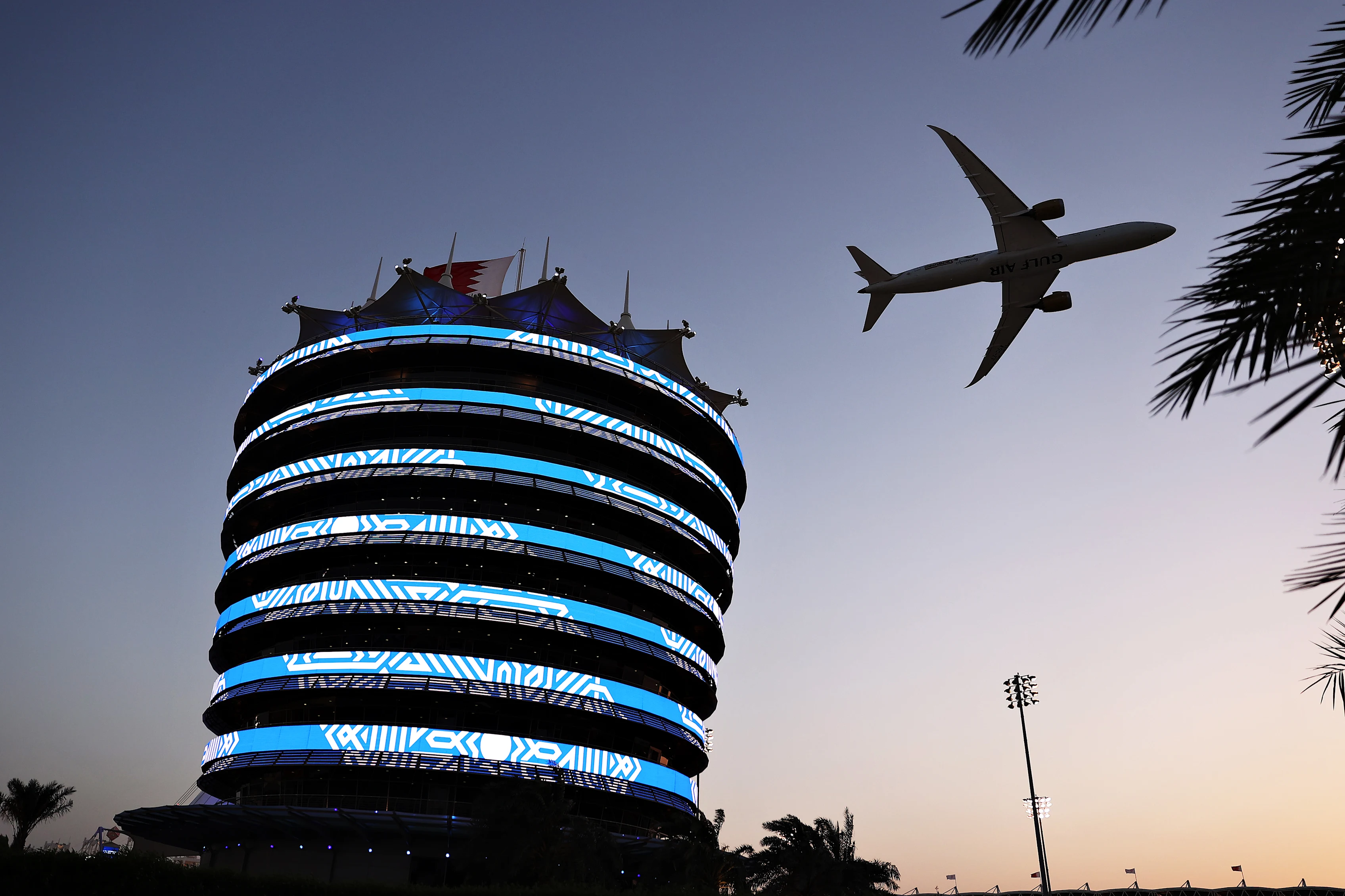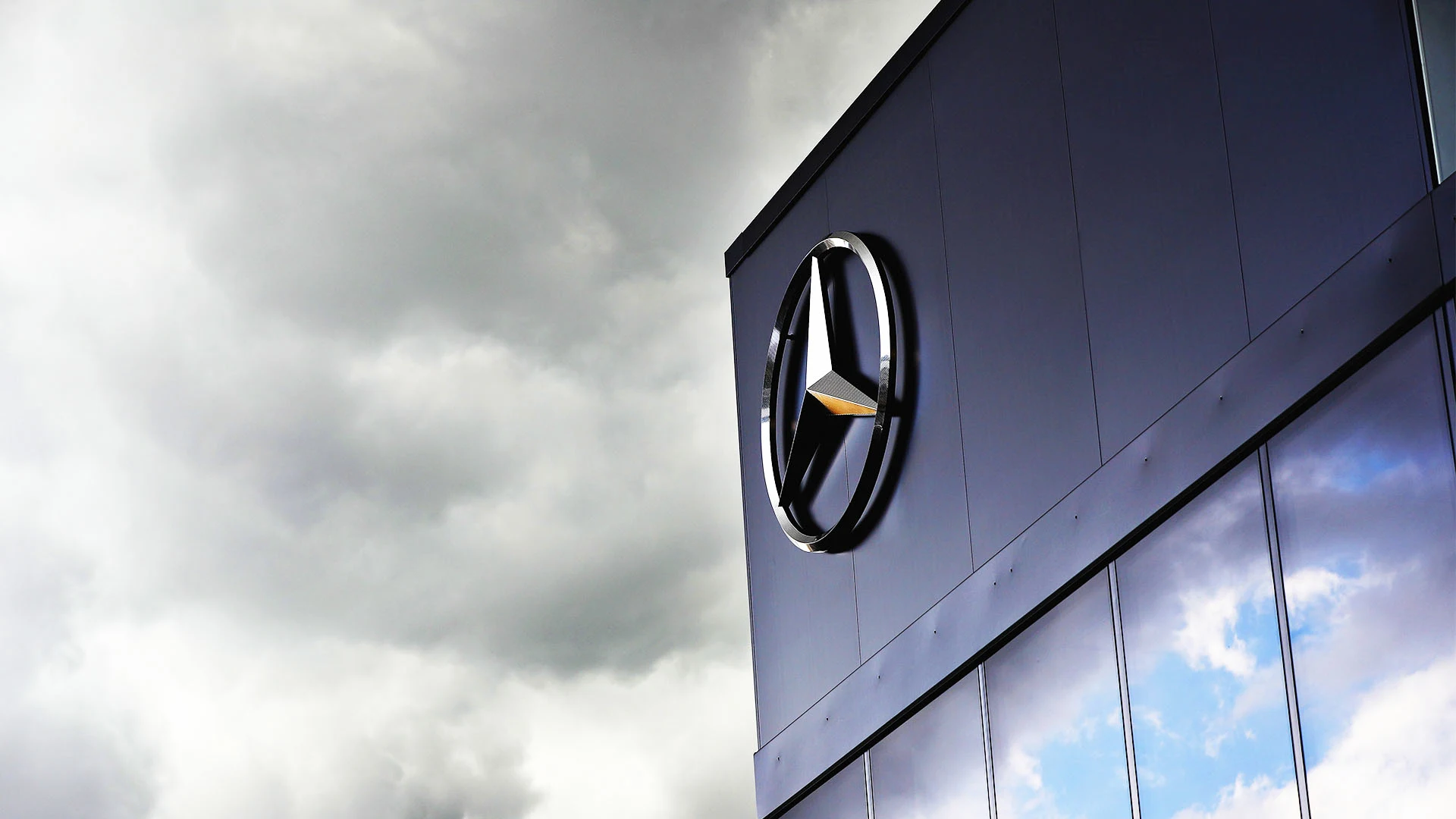Mercedes have announced that they will be investing in Sustainable Aviation Fuel (SAF) as part of their commitment to reach Net Zero by 2030.
The use of Sustainable Aviation Fuels – which employ either renewable or waste-derived materials – will help Mercedes achieve a near 50% reduction in the team’s air travel footprint for their race personnel, with flights currently accounting for over a quarter of the team’s projected carbon footprint.
The team’s purchase of the Sustainable Aviation Fuels falls outside of the Formula 1 cost cap, covering as it does what’s known as ‘Scope 3’ emissions, which are those resulting from business travel, among other things.
The multi-million dollar investment in the fuels will form part of Mercedes’ drive to be Net Zero by 2030, as verified by the Science Based Targets Initiative.

Speaking of the investment in Sustainable Aviation Fuels – which are currently limited in terms of quantity, but which Mercedes feel offer an “immense” opportunity for the future – Team Principal Toto Wolff said: “Sustainable Aviation Fuel has the potential to transform the way we travel and the impact that we have on the environment.
“This is a topic that I think about a great deal personally as well as professionally. I fly a lot; the team flies a lot. If we must fly, then we need to find a better way to do so and SAF is the best solution available to the aviation industry right now. We aim to be on the cutting edge of change, using our global motorsport platform as a model for a more sustainable and diversified future.”
Mercedes’ announcement of their investment in Sustainable Aviation Fuels comes after Formula 1 reaffirmed its own commitment to be Net Zero Carbon by 2030, aided by the use of advanced sustainable fuels which are set to be introduced in 2026.
Next Up
Related Articles
 HighlightsCatch the action from Day 1 of the second Bahrain test
HighlightsCatch the action from Day 1 of the second Bahrain test/16x9%20single%20image%20-%202026-02-19T145811.359.webp) AS IT HAPPENED: Day 2 of the second pre-season test in Bahrain
AS IT HAPPENED: Day 2 of the second pre-season test in Bahrain Hamilton feeling ‘in the best place I’ve been for a long time’
Hamilton feeling ‘in the best place I’ve been for a long time’.webp) Why Aston Martin have hope despite their early struggles
Why Aston Martin have hope despite their early struggles/16x9%20single%20image%20-%202026-02-18T145304.510.webp) FIA issue statements on commission and power unit meetings
FIA issue statements on commission and power unit meetings/Verstappen%20Bahrain%20Test%201.webp) Who’s driving on Day 2 of the second Bahrain test
Who’s driving on Day 2 of the second Bahrain test
